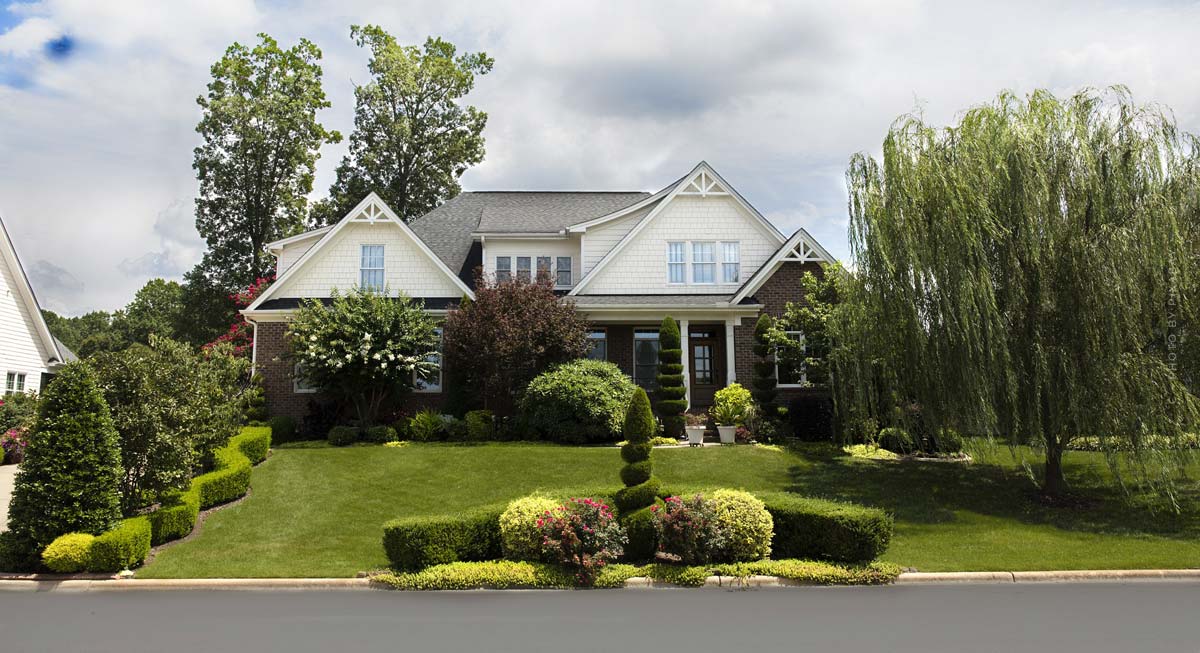The house rules – what do you have to pay attention to?
The house rules should help to prevent disputes. Especially in apartment buildings, many different opinions meet and peace must be ensured within one’s own four walls. The house rules should regulate the most common disputes and thus prevent conflicts. But what exactly can house rules regulate and what not?
House rules in apartment buildings – their rights and duties
Living in an apartment building with strangers under one roof can not always be easy. Different opinions meet each other and that especially in relation to common rooms, such as the hallway or the basement area. So that all tenants know what they are allowed to do and what they are not allowed to do, the most important regulations and the most common cases are laid down in the house rules. So what do you as a tenant have to observe and what happens if you violate the house rules?
https://www.instagram.com/p/Bn2q1x3jaHv/?taken-by=myhome_mystyle
House rules – different types, who determines and changes them & consequences of violations
First of all, you should know that there are different types of house rules. The first are those that are part of the lease and therefore signed and accepted by you, and the second are those that exist externally to the lease. The difference is that with external house rules no rights or obligations can be imposed on you, because you never signed or accepted these house rules. These house rules only describe orderly instructions on certain topics. The external house rules can therefore be changed or modified by the landlord at any time. The house rules in the lease, on the other hand, can impose rights and obligations on the tenant. These include, for example, shovelling snow in winter or cleaning the staircase. These house rules cannot simply be changed by the landlord, as they are laid down in the tenancy agreement and you would first have to give your consent. Both house rules are determined by the landlord and the points recorded in them. However, it is not only the landlord who demands that the house rules are adhered to, but all the residents of the house.
Violations of the house rules also make a distinction between the two types. Breaches of the rules laid down in the tenancy agreement could result in a warning and, in serious cases, termination of the tenancy agreement. For violations of the external house rules, usually no penalties can be made right against you.
What can the house rules regulate and what not ?
The house rules are generally responsible for regulating the coexistence of several parties. They should also regulate how tenants are to treat their apartment and common areas. Important points that should be listed in the house rules are, for example:
- Cleanliness and order
- Noise and quiet times
- Safety regulations
- Use of common areas
- Heating and ventilation
To make it clearer which house rules govern what, here is a small example: In the rental agreement it can be stated that the tenant has to clean the staircase. The external house rules then regulate how often, what exactly and how the staircase is to be cleaned. In this way, the areas of responsibility are divided between the various house rules. However, the external house rules may not extend the duties from the tenancy agreement, but only specify them in more detail. Also, the house rules may not grant the landlord any further rights. However, the house rules in the rental agreement also have their limits. The landlord may not prescribe certain things that are regulated differently by law. This includes, for example, the heating. The landlord may not prescribe in the house rules when the tenant may heat and when not, because according to the law, the tenant has a right to a sufficiently heated, warm apartment at any time of year. So read the house rules carefully and know your obligations.
The most common disputes about the house rules
Of course, the house rules should avoid disputes, but it still happens again and again. Of course, the house rules differ depending on the house and the circumstances, but there are general rules that should prevent disputes. Questions that are asked again and again and topics that nevertheless always lead to disputes are for example:
Locking the front door
This point is a matter of dispute for many apartment buildings, because one person does not feel safe as long as the door is not locked, the other does not want to have to search for the key in a dangerous situation. In this case the landlord may prescribe what he thinks proper. He can stipulate that the door must remain closed for safety reasons, but just as well that it should remain open for fire safety reasons. The legal situation here is not clear and even in court there are different opinions.
Visitors
Another point of contention is the topic of visitors, because officially the tenant may not be prohibited or forbidden to visit. Even restrictions, such as only visiting without a dog are not allowed. What the landlord can use, however, is the house ban. If a visitor repeatedly attracts negative attention, for example by disturbing the peace or causing damage, the landlord may ban this person from the house and the visit is prohibited for this person. If a visitor stays longer than six weeks in the rented flat, the landlord must be informed.
Quiet times and noise
The most common quiet hours, which are set out in house rules, are between 1pm and 3pm at midday and between 10pm and 6am at night. However, these times may vary at weekends. During these quiet hours, all tenants should be considerate of noise. Loud music or noise from playing children should be avoided. The exception, however, is noise from babies or small children. This must be tolerated even at night. However, the tenant may not prohibit showering or bathing during these times. Out of consideration for the rest of the house, however, showers should not be taken for hours at night – especially not in buildings with high sound levels.
Storing a bicycle or pram
Prams, wheelchairs or walkers may be parked in the stairwell by the tenant, but only under certain conditions. For example, no other suitable storage room may be available and the tenant cannot be expected to carry the object into the apartment because the lift is missing or too small. If an object is placed in the hallway, however, the fire safety regulations must not be violated, so that no tenant could be put in danger by the object. Bicycles are given a slightly different rule here. As a matter of principle, they may not be parked in the stairwell. If there is no bicycle cellar or other storage rooms and the bicycle is at risk of theft in front of the building, the tenant may park the bicycle in the courtyard or take it into his own apartment.







